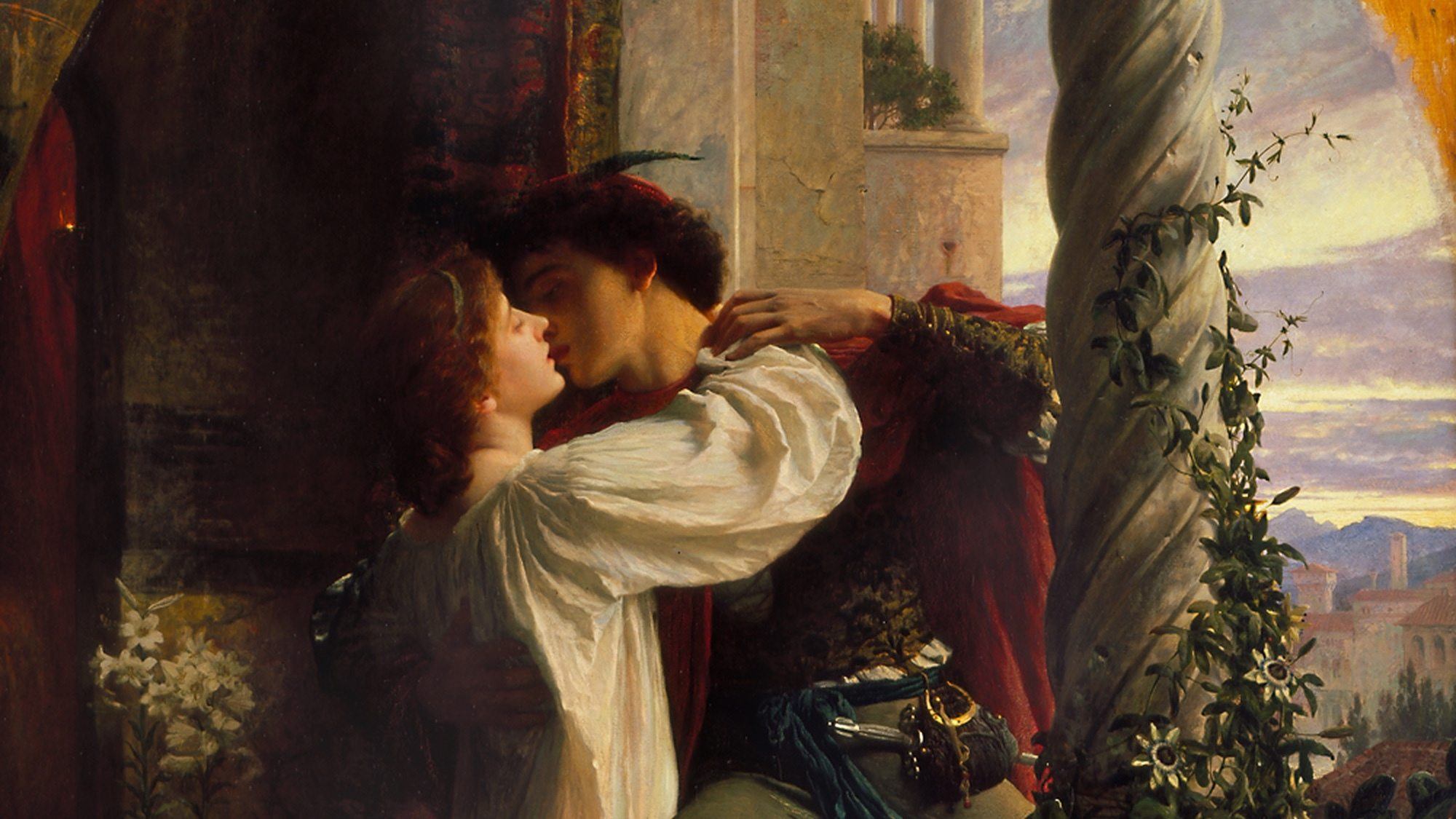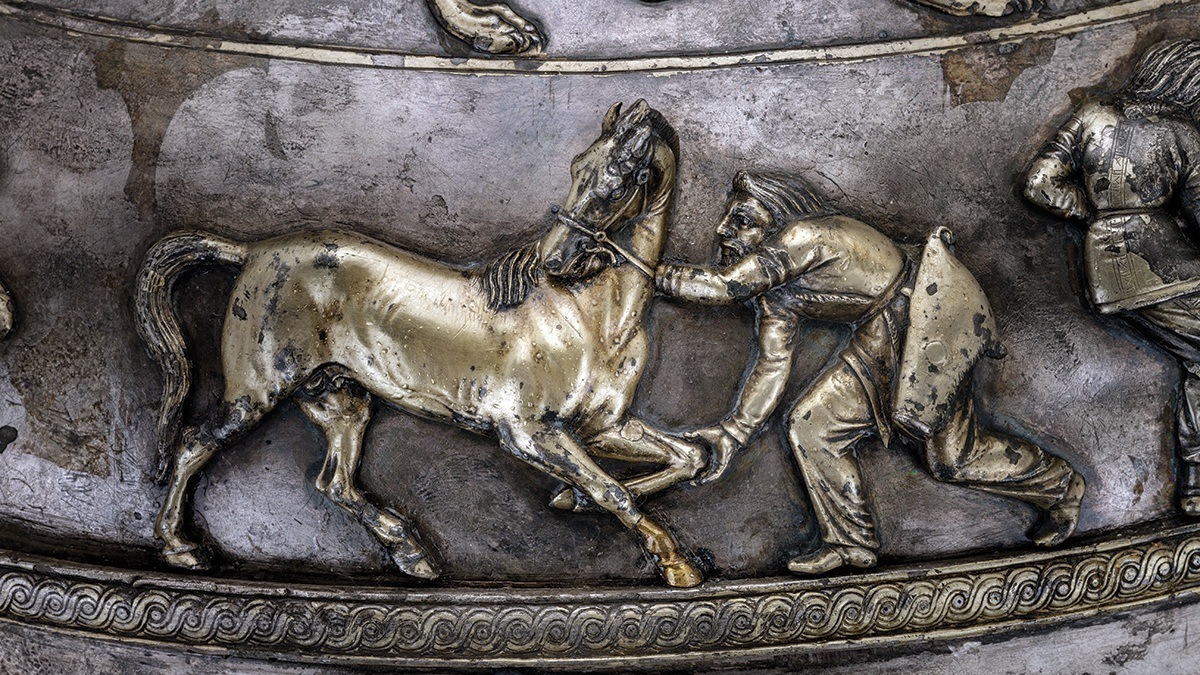Prokofiev’s Fifth Piano Concerto: A Quirky Drama With a Mind of Its Own
Usually, we assume that, when writing a piece of music, the composer is firmly in control of the process as musical ideas are organized, refined, and developed. Yet, on occasion, the music seemingly comes alive, takes on a mind of its own, and dictates to the composer what it wants to be. This was Sergei Prokofiev’s experience when composing the Piano Concerto No. 5 in G Major, Op. 55. “Having accumulated a …






